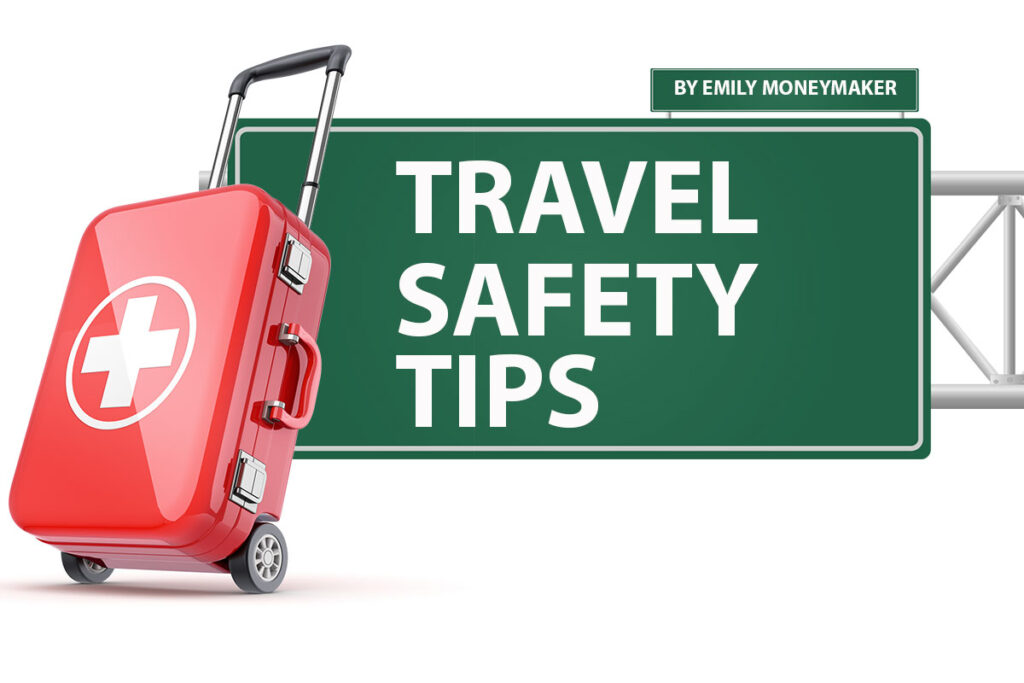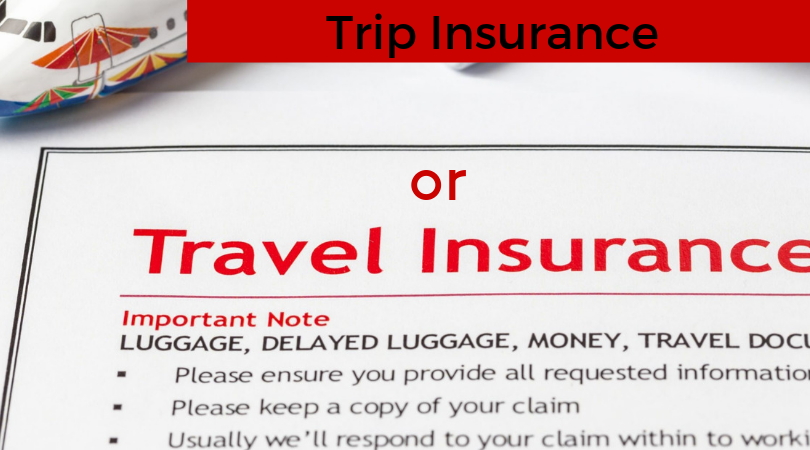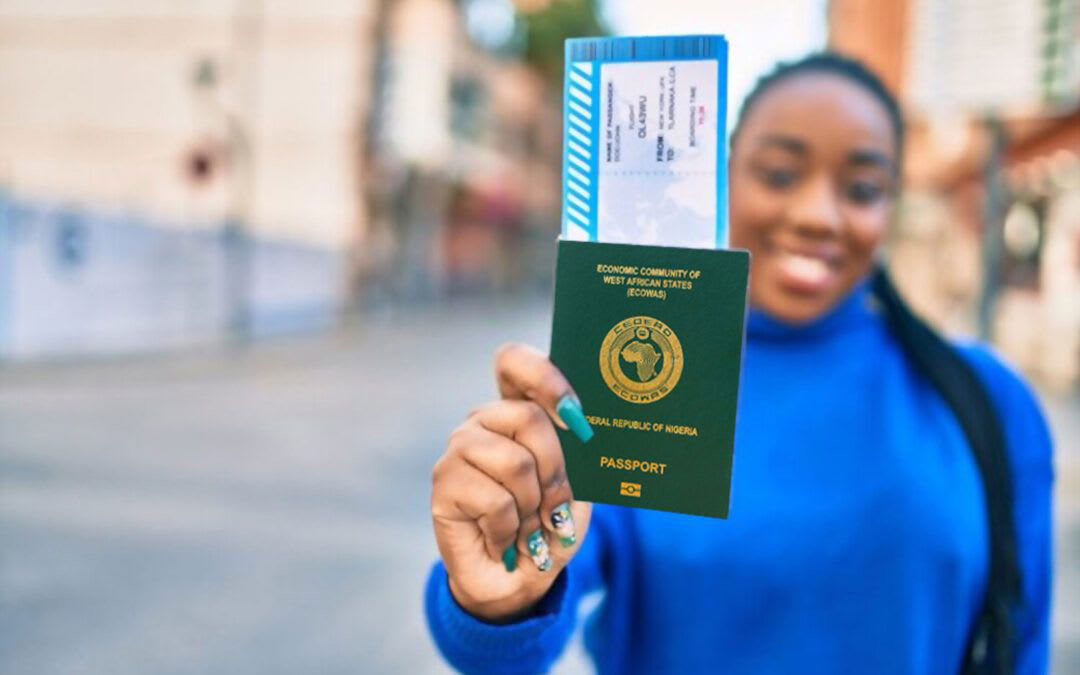
Introduction
Travel safety tips for Nigerians. With an increasing number of Nigerians traveling abroad for education, business, tourism, or better opportunities, travel safety has become more important than ever for them to know and practice. Whether you’re heading to Ghana for a weekend getaway, applying for a Schengen visa for a European tour, or relocating to Canada or the UK, it’s critical to prioritize your safety from the moment you start planning your trip.
Nigerians often face unique challenges to travel safety tips when traveling, such as visa scrutiny, immigration profiling, and occasionally even scams targeting African travelers. However, with the right knowledge and preparation, you can confidently navigate international travel and enjoy your trip with peace of mind.
This comprehensive blog post outlines travel safety tips specifically tailored for Nigerians. From preparation before departure to staying safe abroad, we will cover it all in a practical and human-centered way.
Table of Contents
- Why Travel Safety Matters for Nigerians
- Pre-Travel Preparations
- Choosing a Safe Destination
- Visa Application Precautions
- Booking Flights and Accommodation Safely
- Packing Essentials for Safety
- Travel Insurance: A Must-Have
- Airport and Transit Safety Tips
- Protecting Your Documents and Identity
- Avoiding Scams and Theft Abroad
- Interacting with Foreign Authorities
- Cultural Sensitivity and Local Laws
- Health and Medical Safety Abroad
- Cybersecurity While Traveling
- Staying Connected with Family
- Handling Emergencies
- Returning Home Safely
- Final Thoughts
- FAQs
1. Why Travel Safety Matters for Nigerians
Nigeria has a passport that ranks relatively low on the global mobility index, meaning Nigerians often face extra scrutiny when crossing borders. There have also been instances of Nigerians being stereotyped, detained, or treated unfairly, even when they’ve done nothing wrong. Add to this the risk of scams, human trafficking, or exploitation, and it becomes clear why extra caution is necessary.
But safety isn’t just about crime or profiling—it also includes health precautions, financial safety, cultural sensitivity, and maintaining communication back home.
2. Pre-Travel Preparations
Proper planning reduces risk. Before you travel:
- Make photocopies of important documents: passport, visa, travel itinerary, hotel bookings, and insurance.
- Research your destination: Understand their customs, laws, emergency numbers, and areas to avoid.
- Register with the Nigerian Embassy in your destination country, if possible. This can be helpful in emergencies.
- Create a travel plan and share it with trusted relatives or friends.
3. Choosing a Safe Destination
When selecting where to travel, consider:
- Security situation: Avoid countries with ongoing conflict, civil unrest, or high crime rates.
- Entry restrictions: Some countries have strict immigration policies or frequent visa denials for Nigerians.
- Blacklisted zones: Be aware of countries or regions under travel advisories by Nigeria’s Ministry of Foreign Affairs or international agencies.
- Friendly countries: Countries like Ghana, Rwanda, Kenya, the UAE, and Turkey are generally welcoming to Nigerians, with minimal discrimination.
4. Visa Application Precautions
Scam visa agents have duped thousands of unsuspecting Nigerians. Stay safe by:
- Applying only through official embassy channels or authorized visa centers.
- Avoid agents who promise ‘guaranteed visas’ or offer to ‘process’ documents.
- Ensure your travel intent is genuine and backed by appropriate documentation.
- Never submit forged documents—this can lead to travel bans or legal prosecution.
5. Booking Flights and Accommodation Safely
- Use trusted booking platforms like Skyscanner, Booking.com, Expedia, or directly through airlines.
- Confirm your accommodation via email or phone before arrival.
- Avoid last-minute bookings through unknown websites, which might be fraudulent.
- Double-check layover rules if you’re transiting through multiple countries to avoid getting stranded due to visa rules.
6. Packing Essentials for Safety
- Carry a power bank, a universal adapter, and your padlock.
- Secure your luggage with tamper-proof locks and tags.
- Pack medication with prescriptions if you’re on any long-term treatment.
- Avoid overpacking, and always pack according to the airline’s luggage policy.
7. Travel Insurance: A Must-Have
Many travelers ignore travel insurance, yet it can save you from major financial or medical issues. A good policy should cover:
- Medical emergencies
- Lost luggage
- Trip cancellation
- Accidents or injuries abroad
Recommended providers include AXA, Allianz, World Nomads, and SafetyWing. Always compare policies before buying.
8. Airport and Transit Safety Tips
- Arrive early to avoid last-minute stress or being bumped off your flight.
- Avoid accepting parcels or packages from strangers.
- Label your luggage clearly.
- Keep your documents in a secure pouch or money belt.
- Don’t argue with immigration officers, even if you feel disrespected. Be calm and respectful.
9. Protecting Your Documents and Identity
- Keep your passport and important documents in a waterproof folder.
- Email a scanned copy of your passport and visa to yourself.
- Avoid handing your passport to strangers.
- Use a hotel safe if provided.
Identity theft is real. Avoid sharing personal info with people you have just met while traveling.
10. Avoiding Scams and Theft Abroad
Some popular scams include:
- Fake police officers are asking for your documents.
- Taxi overcharging or rerouting.
- ATM fraud – always use ATMs in secure, well-lit areas.
- Friendly locals who invite you to clubs or casinos and later extort money.
Stay alert, trust your instincts, and never flash large sums of money.
11. Interacting with Foreign Authorities
- Cooperate with customs, immigration, and local police if approached.
- Know your rights—especially in countries with controversial policing tactics.
- If you’re in trouble, contact the nearest Nigerian embassy or consulate immediately.
- Keep emergency numbers saved in your phone and written down in your wallet.
12. Cultural Sensitivity and Local Laws
- Learn the basic etiquette of your host country.
- Dress modestly, especially in conservative countries.
- Avoid discussing politics, religion, or sensitive topics.
- Respect local laws—some behaviors that are normal in Nigeria may be illegal elsewhere, like spitting in public, chewing gum (e.g., in Singapore), or taking photos of government buildings.
13. Health and Medical Safety Abroad
- Get necessary vaccinations before departure.
- Carry basic medication like paracetamol, anti-malarials, or anti-diarrheals.
- Drink bottled or purified water, especially in developing countries.
- In case of allergies or chronic illness, wear a medical alert bracelet.
Consider registering with international health providers if staying long-term abroad.
14. Cybersecurity While Traveling
- Avoid using public Wi-Fi for banking or confidential information.
- Use a VPN (Virtual Private Network) to protect your browsing.
- Enable two-factor authentication on your important accounts.
- Don’t log into sensitive accounts on shared computers or unknown networks.
15. Staying Connected with Family
- Buy a local SIM or an international roaming plan to stay reachable.
- Set regular check-in times with family or friends.
- Share your itinerary and update it if plans change.
- Use apps like WhatsApp, Signal, or Telegram for secure communication.
16. Handling Emergencies
If something goes wrong:
- Call the local emergency number immediately (note: not all countries use 911).
- Report theft or loss to the local police and obtain a police report.
- Contact your embassy or consulate if you’re arrested, stranded, or in danger.
- Use travel insurance support lines if you need medical or legal help.
Keep calm. Most embassies provide assistance for lost passports, evacuation, or legal issues.
17. Returning Home Safely
- Declare all goods appropriately at Nigerian customs.
- Avoid carrying contraband or undeclared items, especially drugs.
- Have your documents ready for immigration at MMIA or other Nigerian airports.
- Share your travel experience with others and report any suspicious incidents to the relevant authorities.
18. Final Thoughts
Traveling as a Nigerian may come with challenges, but it is also good to know the safety tips for traveling. Offers endless opportunities for learning, growth, and global connection. Travel safety tips for Nigerians. By taking the right precautions, you not only protect yourself but also improve the global image of Nigerian travelers.
Every trip you make is a reflection of Nigeria, your country. Be respectful, stay smart, and enjoy the world responsibly.
19. Frequently Asked Questions (FAQs)
1. Is it safe for Nigerians to travel abroad in 2025?
Yes, with proper planning, precautions, and awareness, Nigerians can travel safely to most countries.
2. Do I need travel insurance for short trips?
Yes. Even for short trips, medical or emergency issues can arise. Insurance gives peace of mind.
3. What countries are most friendly to Nigerian travelers?
Countries like Ghana, Rwanda, Kenya, the UAE, Turkey, and Barbados are often welcoming to Nigerians.
4. Can I trust visa agents?
Only use certified agents or apply directly through embassy websites. Avoid those who promise guaranteed visas.
5. What if I lose my passport abroad?
Report it to the local police, then contact the Nigerian embassy or consulate to apply for an emergency travel certificate.
Related content: Budget-friendly travel and stay options.





